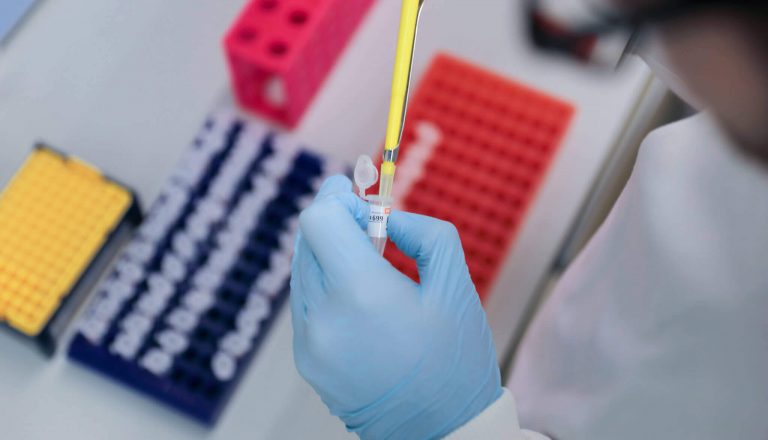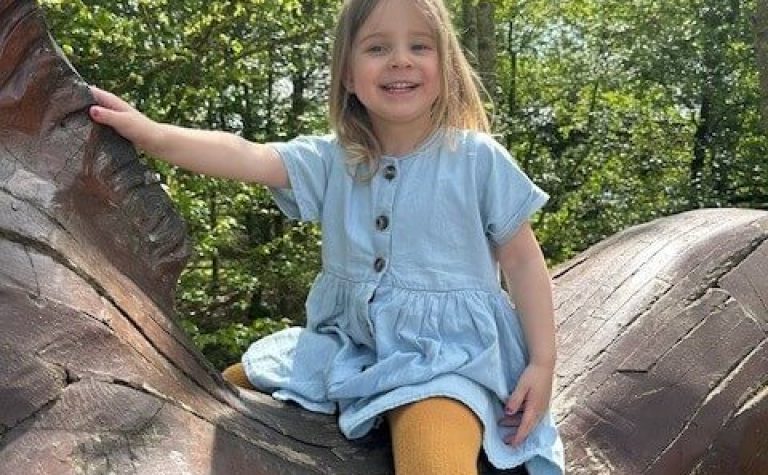Press release 23rd January 2018
The results from a national research prioritisation exercise were revealed at the Teenage and Young Adult Cancer Priority Setting Partnership workshop in London

Newsletter Signup x
If you have been affected by cancer, whether that’s as a young person or have been involved in their care as a parent, carer or professional, you will know that there are a lot of unanswered question. As a survivor, my main priority is around long-term effects from cancer treatment and I’m glad that this question made it in the top 10. It has been a privilege to be involved in this project, I’m looking forward to seeing change within the TYA services whether that’s at the point of diagnosis, during treatment or survivorship.Kate Collins, Interim Chief Executive at Teenage Cancer Trust, said:
It’s essential that young people themselves make sure organisations like ours are focussed on the research priorities that matter to them. This vital top ten will drive the work of Teenage Cancer Trust going forwards – all ten areas are critical but and we’re pleased to see effective psychological support at the top of the list. The effects of a cancer diagnosis can be devastating, long-lasting and wide-ranging for a young person and the psychological impact can be felt long after treatment. Teenage Cancer Trust Nurses and Youth Support Coordinators play a vital role in improving psychological wellbeing during and after treatment and we’re working with researchers to develop the evidence in this important area – an areas we know is at the heart of improving the lives of young people with cancer.Kate Lee, Chief Executive, CLIC Sargent said:
Finding out what’s most important to teenagers and young adults with cancer, and responding to this, is at the heart of what we do. We have heard the need for appropriate psychological support, help returning to education and work, access to clinical trials and early diagnosis being raised by many of the young people and families that we support, and we will work together with other charities to ensure that their voices are heard and responded to.Cliff O’Gorman, CEO, Children with Cancer UK, said:
Cancer and its treatment can take an enormous toll on the young people and their families that go through it – so it is crucial that the voices of young people are at the heart of our research priorities. This research shows that patient well-being during and after treatment should be a top priority for research funders – both through psychological support, as well as cutting-edge, kinder treatments that reduce the long-term health effects on young patients.ENDS Patients from the steering group are available for interview upon request. Media contacts: Stephen Holland, stephen.holland@teenagecancertrust.org, 020 7612 0703 / 07496 154 012

Patient Story – Florrie H
Florrie was diagnosed with multi system Langerhans cell histiocytosis on 21 September 2020 when she was just 18 months
Read more